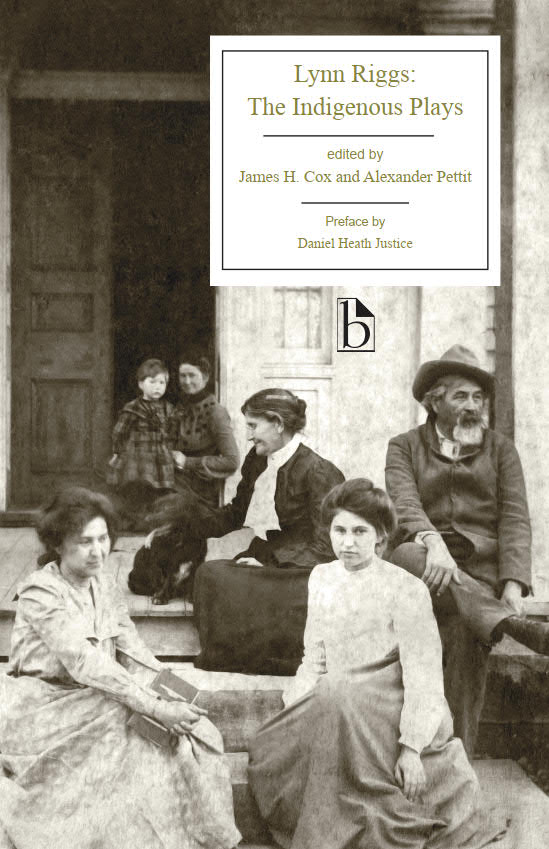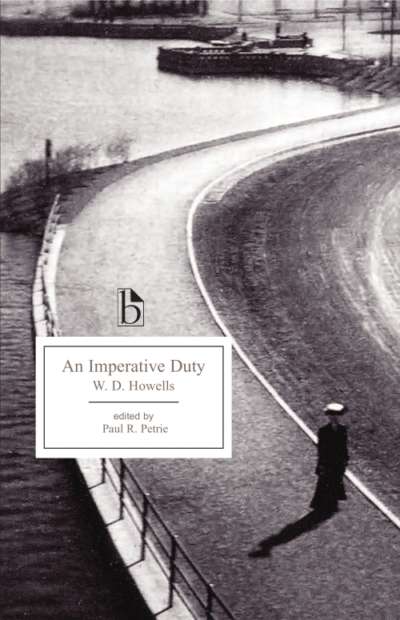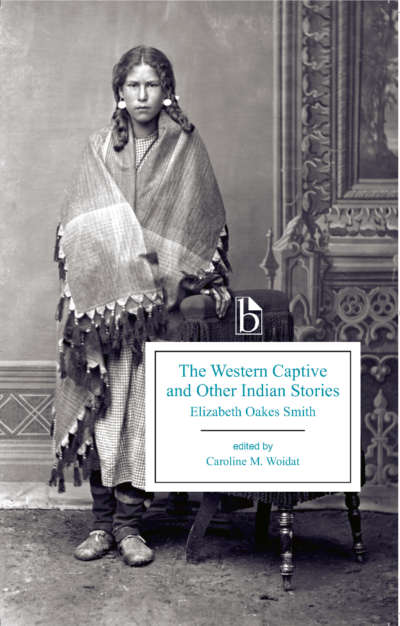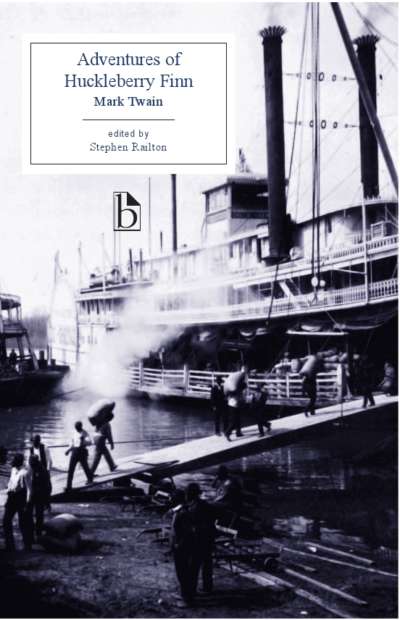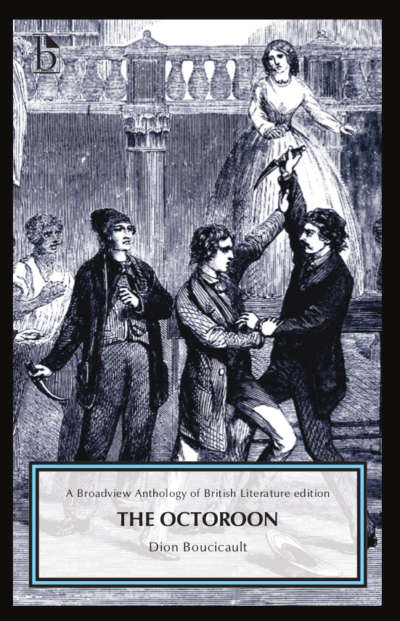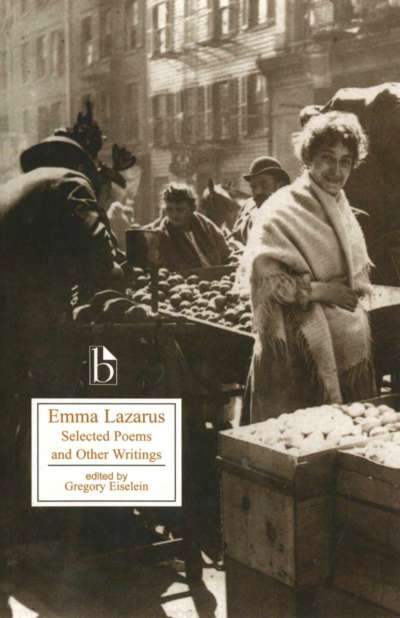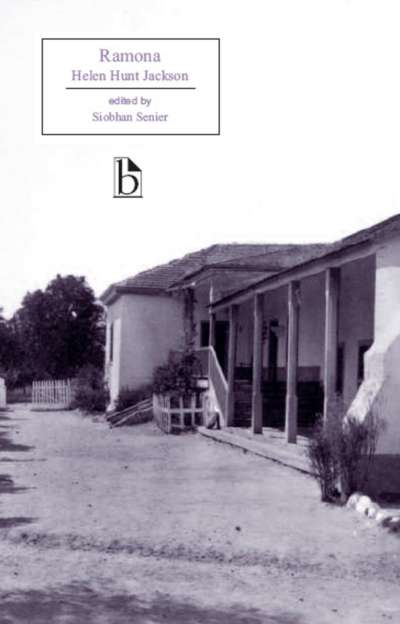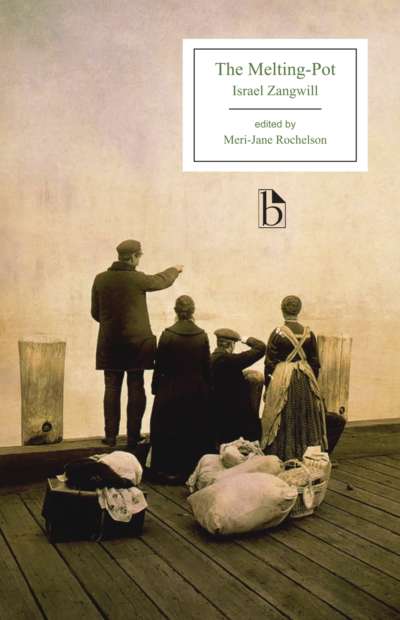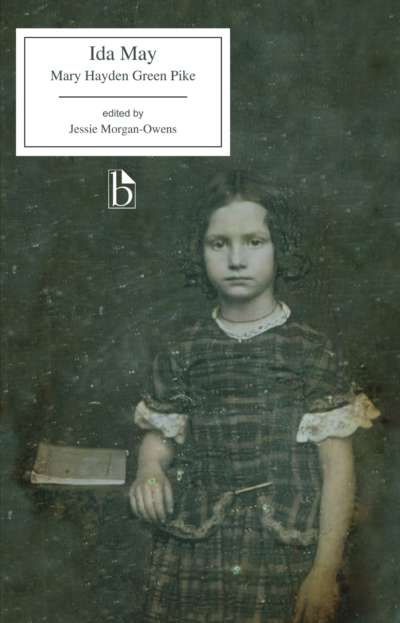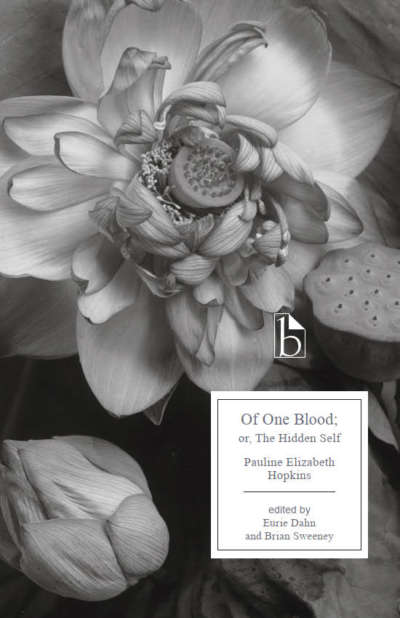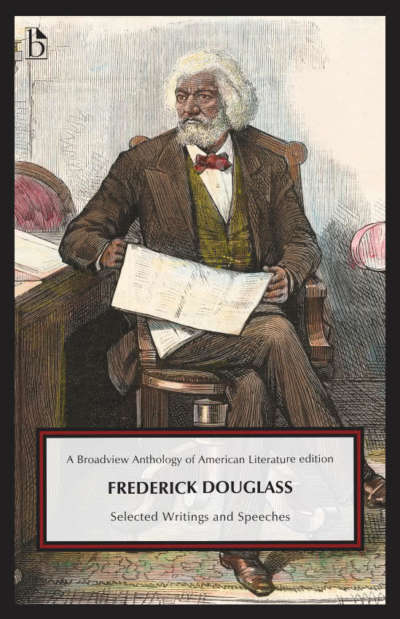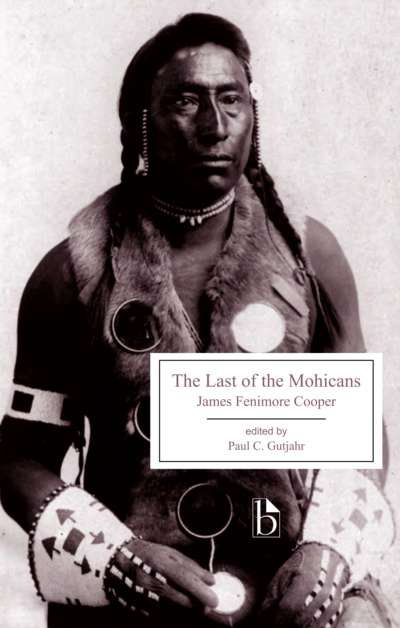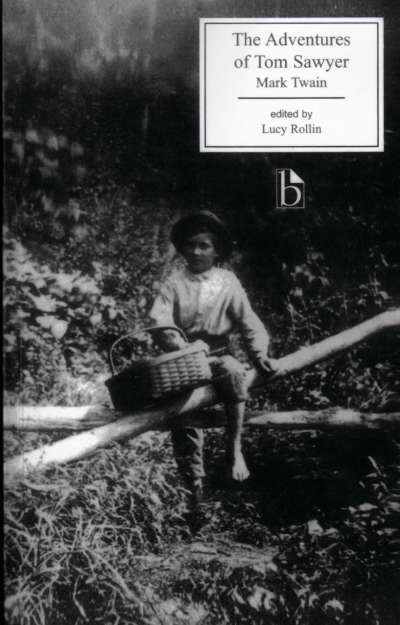Lynn Riggs: The Indigenous Plays bundles critically edited texts of three thematically allied plays with an extensive primary, secondary, and textual apparatus. The Cherokee Night (1932), comprising seven asynchronous scenes set between 1895 and 1931, is Riggs’s most experimental play. Its Cherokee characters inhabit a history of dispossession and violence, including the dissolution of the Cherokee Nation with Oklahoma statehood in 1907. Their daily survival constitutes the apex of resistance. Not so for the Indigenes of The Year of Pilar (1938), the most radical American Indian text prior to the Native American renaissance that began in the late 1960s. Here, Yucatecan Mayans take a government program of land reform as an opportunity to reclaim their homeland and punish settler-colonialists for centuries of enslavement, torture, and sexual violence. Riggs returns to Indian Territory in The Cream in the Well (1941), set on the eve of Oklahoma statehood. The Cherokee Sawters family responds to the onset of statehood by lamenting lost opportunities and fretting about an uncertain future.
Comments
“Although these three plays give the reader an important perspective on Riggs’s dramaturgical voice, the contextual material in the edition is also invaluable to understanding the artist behind the work. Riggs’s essays and letters outline a dream for a ‘new’ theater that speaks directly to the theater practitioners of today. As a contemporary Native American playwright, I found myself saying ‘Yes!’ again and again as I read his vision for our field. As the next Native American playwright on Broadway (decades after Riggs), I am often compared to him, and my career is often measured by his. But in reading Lynn Riggs: The Indigenous Plays, I felt truly connected to his passion for the power of theater for the first time.” — Larissa FastHorse, author of The Thanksgiving Play
“Lynn Riggs is a forgotten great—a Cherokee playwright whose 1930s plays on Indigenous themes are gloriously contained in this book. The edition starts with a great introduction to Riggs and his work; three plays, then a series of Riggs’s essays on process and on his ways as a playwright, follow. Thanks to the editorial team of James Cox and Alexander Pettit, I walked away feeling that I now know this man.” — Alanis King, author of 3 Plays
“An expansive framing of Lynn Riggs and his work, enlightening and exhilarating. The context provided in this edition allows the reader to see the complicated, multi-faceted human that Lynn Riggs was. Cherokee and gay, a playwright and a screenwriter, he was no one thing to the exclusion of another. There is something comforting, as an Indigenous playwright in the twenty-first century, about knowing Lynn Riggs, his history, and his contributions to not just Indigenous theatre, but to Theatre. This edition helps the reader to recognize Riggs’s place in Theatre’s continuum.” — Yvette Nolan, playwright and director

